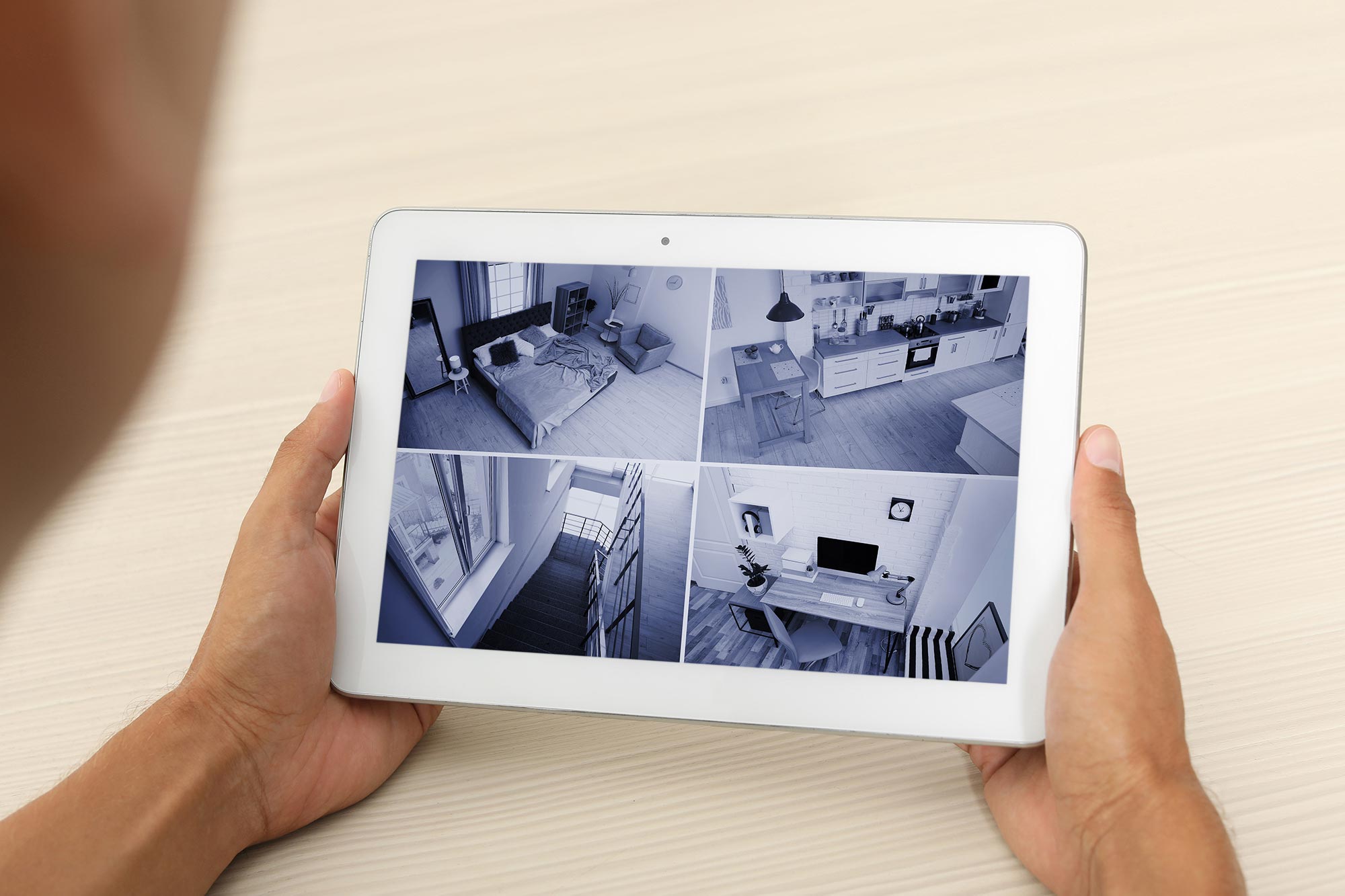

An international study has used data from a major provider of Internet Protocol (IP) security cameras to assess possible privacy risks for users.
IP home security cameras are Internet-connected security cameras that can be installed in people’s homes and remotely monitored via the web. These cameras are growing in popularity and the global market is expected to reach $ 1.3 billion by 2023.
For the study, researchers from the Chinese Academy of Sciences and Queen Mary University of London tested whether an attacker could infer privacy-compromising information about a camera owner simply by tracking passively loaded data without inspecting video content.
The findings, published at the IEEE International Conference on Computer Communications (July 6-9, 2020), showed that camera-generated traffic could be monitored by attackers and used to predict when a home is occupied or not.
The researchers even found that future activity in the home could be predicted based on past traffic generated by the camera, which could leave users at increased risk of burglary by discovering when the home was unoccupied. They confirmed that attackers could detect when the camera was charging movement and even distinguish between certain types of movement, such as sitting or running. This was done without inspecting the content of the video itself, but rather by observing the speed at which the cameras loaded data over the Internet.
Dr Gareth Tyson, Senior Lecturer at Queen Mary University of London, said: “Once considered a luxury item, these cameras are now common in homes around the world. As they become more ubiquitous, it is important to continue to study their activities and possible privacy risks. Although many studies have analyzed online video transmission, such as YouTube and Netflix, to our knowledge, this is the first study to analyze in detail the video transmission traffic generated by these cameras and quantify the risks associated with them. By understanding these risks, we can now seek to propose ways to minimize risks and protect user privacy. “
Reference: “Your Privilege Gives You Privacy: An Analysis of a Home Security Camera Service” by Jinyang Li, Zhenyu Li, Gareth Tyson, and Gaogang Xie, 39th IEEE Joint Conference on Computer Communications (INFOCOM), Beijing, China (2020).